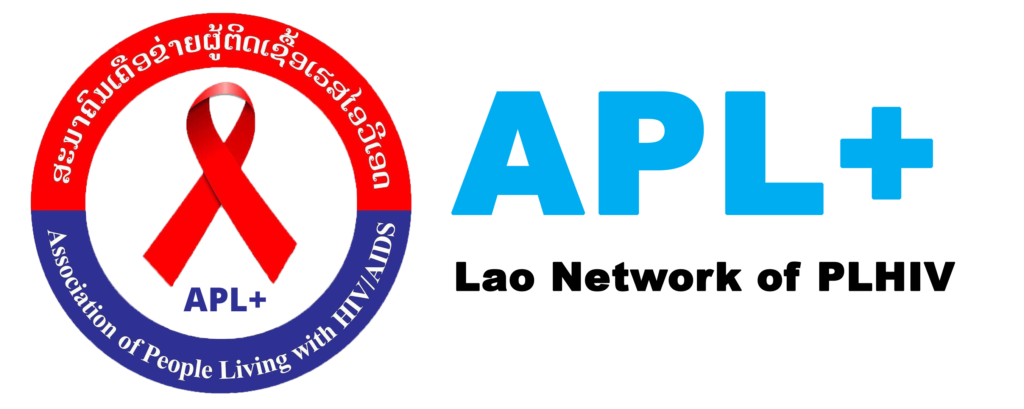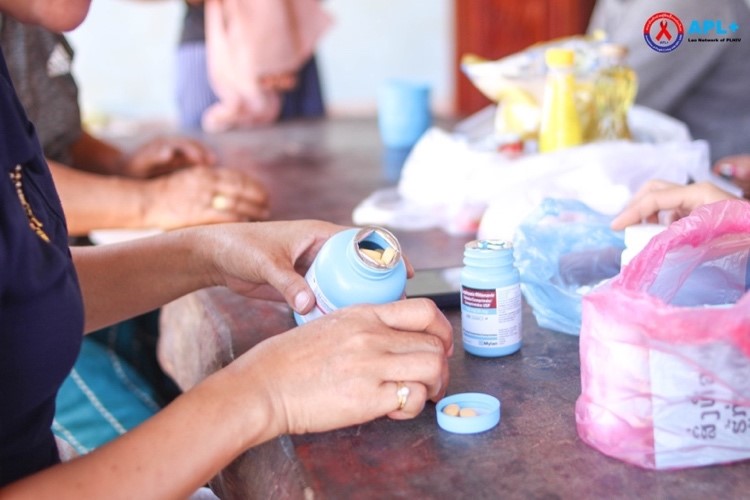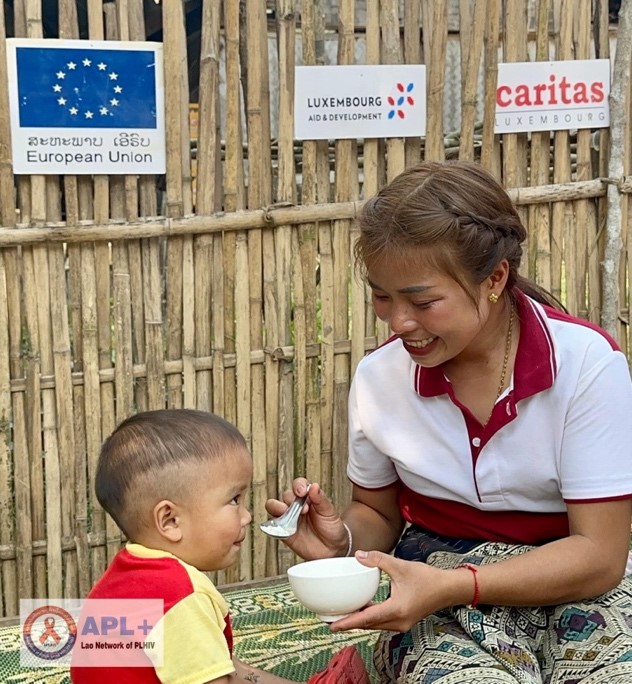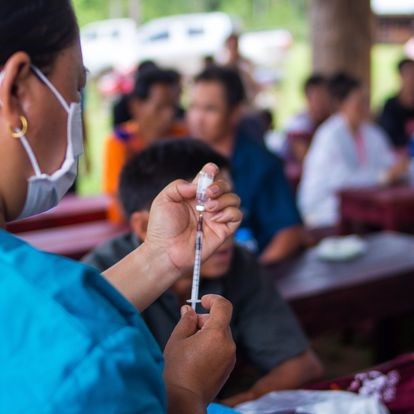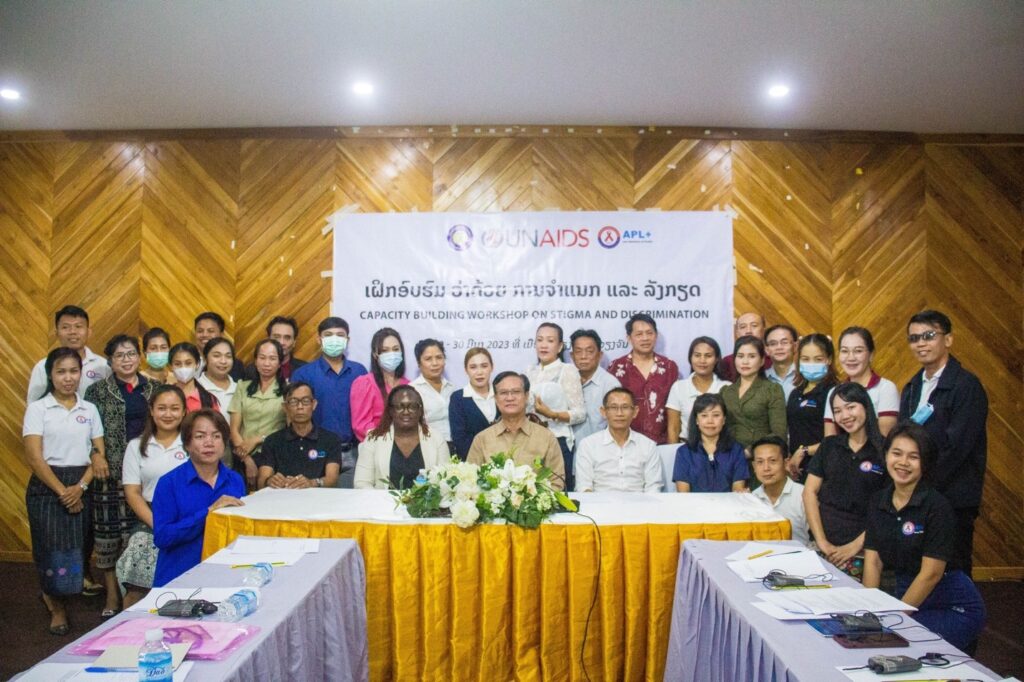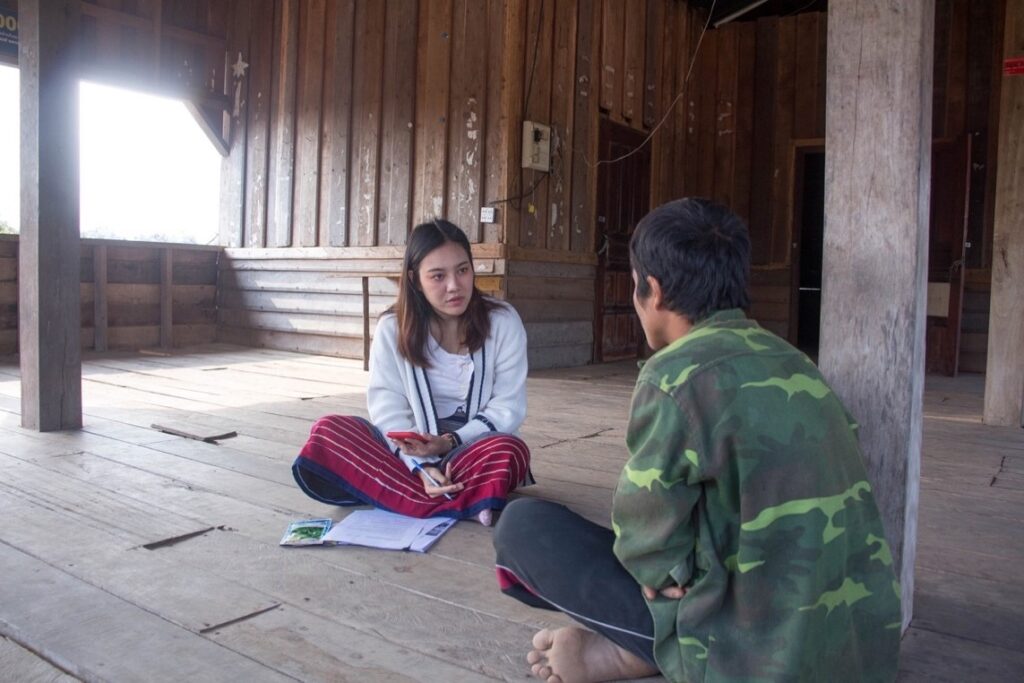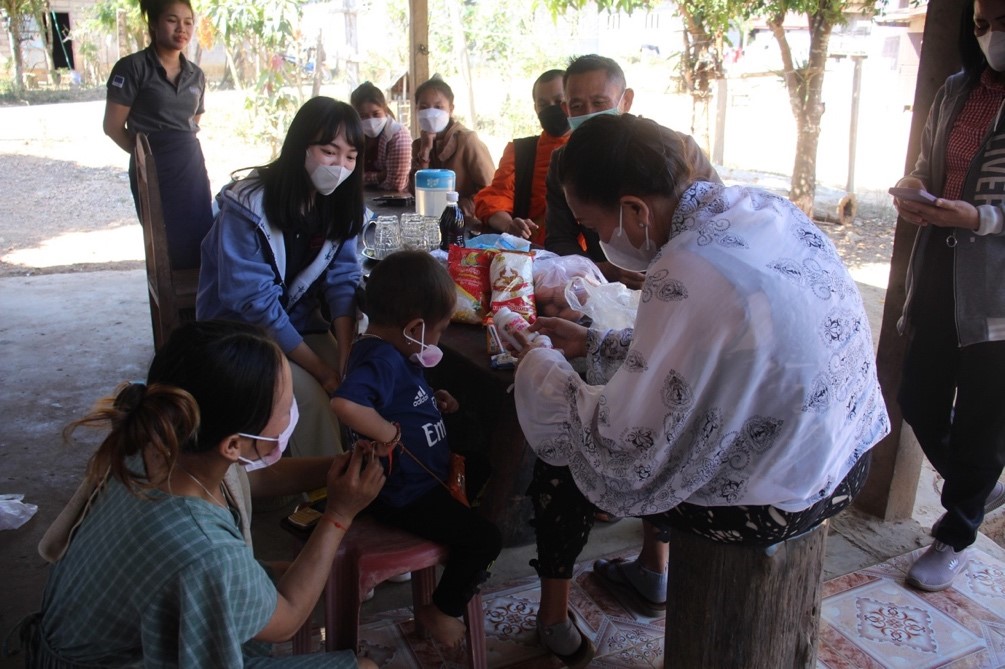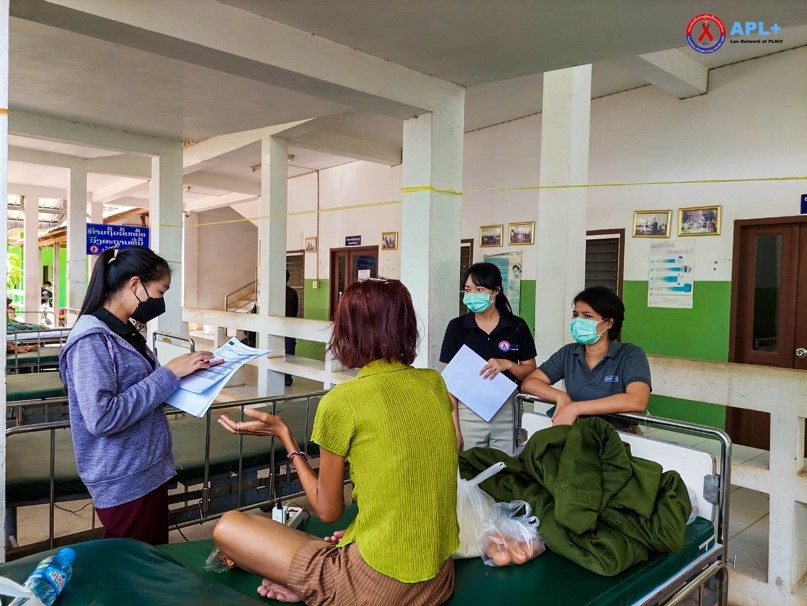Our strategy aims to improve the health and well-being of vulnerable people living with HIV /AIDS by increasing access to healthcare services, promoting prevention and education, enhancing treatment and care, addressing stigma and discrimination, fostering community support, collaborating with stakeholders, and donors in research and innovation.
APL+ have been working for and with people living with HIV/AIDS and vulnerable people for care/support communities in 12 provinces that including HIV/AIDS awareness campaign for reduce stigma/discrimination and promote equal right for all people as well as policy advocacy for better health care services for all community’s people and partners as the following activities and approach:
Stigma anddiscrimination continue to be major barriers to healthcare access for people living with HIV/AIDS. We will develop campaigns and initiatives to challenge HIV-related stigma and discrimination, promoting a more inclusive and supportive community
We recognize the importance of community support in the overall well-being of individuals living with HIV.
- Our goal is to establish and strengthen support networks for vulnerable people with HIV,
providing them with emotional support, counseling, and access to support groups Increase access to healthcare services
- Our goal is to ensure that vulnerable people with HIV have access to quality healthcare
services. We will work towards improving the availability of healthcare facilities in underserved areas and reducing barriers to accessing healthcare, such as cost and transportation
It is important to engage with government agencies responsible for health and HIV/AIDS policies. This can involve participating in policy discussions, providing input into the development of national strategies, and advocating for the inclusion of key priorities and interventions. By collaborating with the government, APL+ can ensure that organization’s expertise and insights are considered in the decision-making process. Collaboration with these stakeholders can involve sharing best practices, coordinating efforts, and pooling resources to maximize the impact of HIV/AIDS programs. By working together, we can avoid duplication of efforts, ensure a more holistic approach to care and support, and reach a broader range of individuals in need.
Furthermore, collaboration with international organizations, donors, and development partners can provide additional resources and expertise to support national HIV/AIDS programs. This collaboration to involve securing funding for program implementation, accessing technical support and capacity-building initiatives, and advocating for global commitments to HIV/AIDS prevention, treatment, and care. Collaboration with government and other stakeholders is essential in developing and implementing national HIV/AIDS strategies that are comprehensive, evidence-based, and responsive to the needs of the affected populations. By working together, we can create a more coordinated and impactful response to the HIV/AIDS epidemic.
for care and treatment for people living with HIV and LGBT groups is crucial in ensuring that these programs are effective, responsive, and inclusive. By involving the community in the monitoring and evaluation process, you can gather valuable insights, feedback, and perspectives that can help improve the quality and impact of these programs. Community-led monitoring involves empowering community members to actively participate in assessing the implementation and outcomes of HIV care and treatment programs. This include collecting data, conducting surveys or interviews, and documenting community experiences and feedback. By involving the community in this process, we gain a better understanding of their needs, challenges, and priorities, and make informed decisions to address them.
